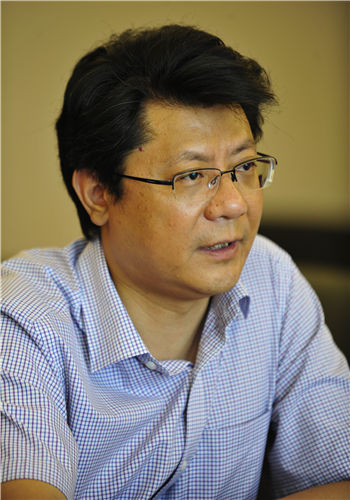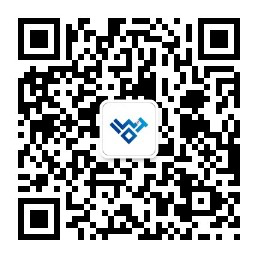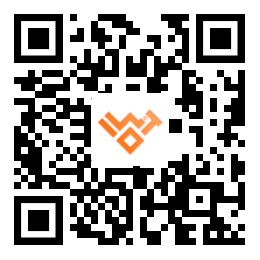Xinwu spearheads internet of things development

Wang Jinjian, Party chief of Wuxi's Xinwu district, is interviewed by China Daily on Aug 27. [Photo by Xiao Da/chinadaily.com.cn]
The output value generated by the internet of things (IoT) businesses in Wuxi's Xinwu district surpassed 60 billion yuan ($8.8 billion) from January to July, a local senior official said Monday.
"The figure represents a year-on-year growth of 20 percent over the same period last year," said Wang Jinjian, Party chief of the Xinwu district in an interview with China Daily.
In 2009, Wuxi in East China's Jiangsu province was designated as the first nationwide hub for IoT development, since when it has been striding steadily in the fledgling industry spearheaded by Xinwu district, where a national high-tech development zone is located.
A complete IoT industry chain covering sensors, chips and integrated circuits has now been established in the district, Wang said, as a result of the arrival of a batch of world-leading companies.
According to Wang, in Xinwu, multiple IoT deployments are already in a pilot run in a number of fields ranging from manufacturing, environmental protection, transportation, agriculture to education.
A typical case that speaks volumes about how the application of IoT-enabled devices is faring is Hongshan town, China's first IoT town. Situated in the Xinwu district, it is designed as a model for future large-scale IoT applications.
"More than 10,000 sensors have been set in place in Hongshan, enabling the retrieval of timely data concerning city management in aspects of water conservancy, environmental protection and transportation," Wang said.
When asked about the recruitment of high-caliber professionals, the chief official played up companies' role in luring talents, saying "it is a company's development, rather than the government, that is decisive in a job seeker's choice."
"Consequently, this year we have beefed up financial support in talent hunting, targeting leading high-tech enterprises, public institutions as well as research institutes."
Despite the achievements, Wang pointed out that the IoT sector in Wuxi still suffers from fragmented application platforms, as is the case in many other IoT-focused hubs in China and beyond.
"Unlike the development of internet, IoT's growing at a slower pace and hasn't yet achieved an explosive growth in China," he said, calling for more concerted efforts to standardize the sector.
Official data show Wuxi, home to roughly 2,000 IoT companies, saw an output value of 200 billion yuan in 2017 and that Xinwu district accounted for nearly 60 percent of the total.



